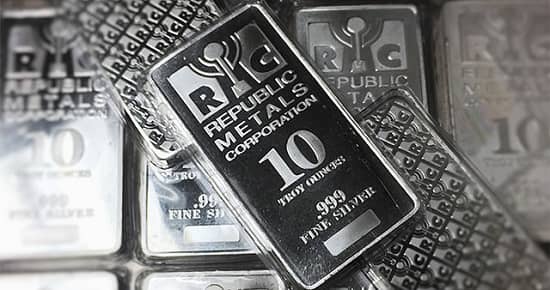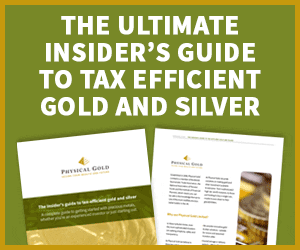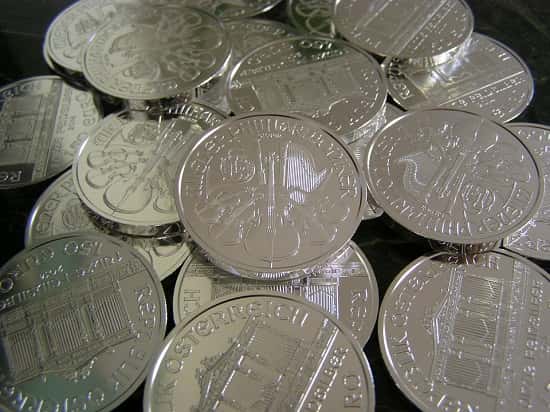Blog
What is Silver – A Definition
What is Silver
Silver is one of the most popular precious metals in existence, not only as a material for producing jewellery and currency but also as a commodity to be traded. But what is silver exactly and can it be defined in an unambiguous way?


The etymology of ‘silver’
The modern word ‘silver’ is derived from Old English ‘seolfor’, which in turn has links to Germanic words including ‘silbar’ and ‘sidabras’. Throughout its history, the word has referred both to the metal itself and to the properties it exhibits; namely its bright, shining, almost ethereal quality.
Interested in buying silver? Download our FREE 7 step guide to Silver Investment here
Where is silver found?
Silver is mined in a number of key regions of the globe, in places as diverse and disparate as Poland, Australia, Peru and Mexico.
What explains the popularity of silver?
Silver shares many of the same properties as gold, 

It is easy to work into different forms thanks to being a relatively soft metal, which is advantageous for producing jewellery and coinage. While it is more common than gold, it is rare enough to remain a precious commodity and eye-catching enough to have value for purely aesthetic reasons.
The history of silver trading
Silver was known to humanity before the written word was invented, so it is widely assumed that it was a vital element that acted as a bartering tool in the days before the concept of currency had been formalised.
Silver’s relative malleability meant that it was appreciated more for its pleasing appearance than its practical applications. It was also more widely available in some parts of the ancient world than others, which impacted its value. In Ancient Egypt, for example, silver was more precious than gold at some points.
Silver coins have been circulated since at least 600BC, with archaeological digs at sites in Turkey bringing truly ancient coins to light in recent years. Even at this early stage in the emergence of currency, a design was struck in the coin to make it recognisable, albeit only on a single side.
In Britain, silver has a long history as a store of value, as well as in coinage. Up until the 19th century it was still used to make pennies and has since grown in popularity as a bullion coin with the introduction of the Silver Britannia coin in 1997.


Interesting facts about silver
- Although silver is more conductive than other metals, including copper, it is too expensive to be widely used in electrical wiring.
- Silver is so reflective that it is the element of choice for use in the manufacture of everything from mirrors to microscopes. Interestingly its shiny surface is only effective at bouncing back light in the visible part of the spectrum, while UV rays are absorbed in much higher proportions than you might expect.
- Like gold, silver naturally occurs in nuggets and so was found by prehistoric humans without the need for processing.
- Silver is edible and is used to make various foods from around the world more attractive. Don’t expect the presence of silver to have any impact on the taste of the food, however, as it doesn’t have any flavour and is purely decorative in a culinary context.
- Mexico produces more silver than any other country in the world, mining an impressive 5600 tonnes in 2017
- The largest silver nugget discovered by humans to date was hauled out of Smuggler Mine in the US state of Colorado way back in 1894. Estimates of its weight vary, but a figure of around 900kg is seen as plausible.
Silver as an investment
Silver is an appealing option for investors for a number of reasons, chief amongst which is its resilient reputation and historic low level of volatility. It has been bought and sold for thousands of years and will continue to be traded for thousands more.
Like investing in gold, the decision to buy silver can be spurred on by a desire to avoid the risks associated with other investments. Silver’s value is innate and fairly stable, unlike nebulous concepts of currency and other marketable commodities.
Of course, owning physical silver in the form of silver bars or coins will require that you also have somewhere safe to keep them. If you need help with silver storage, speak to us about our secure storage solutions.
Contact Physical Gold to invest in silver today
The team at Physical Gold should be your first point of contact for all of your silver investment needs. Call us on 020 7060 9992 or drop us an email to ask a question, learn more about our investment opportunities or get advice on precious metal trading.
Image Credits: Money Metals and Pixabay


